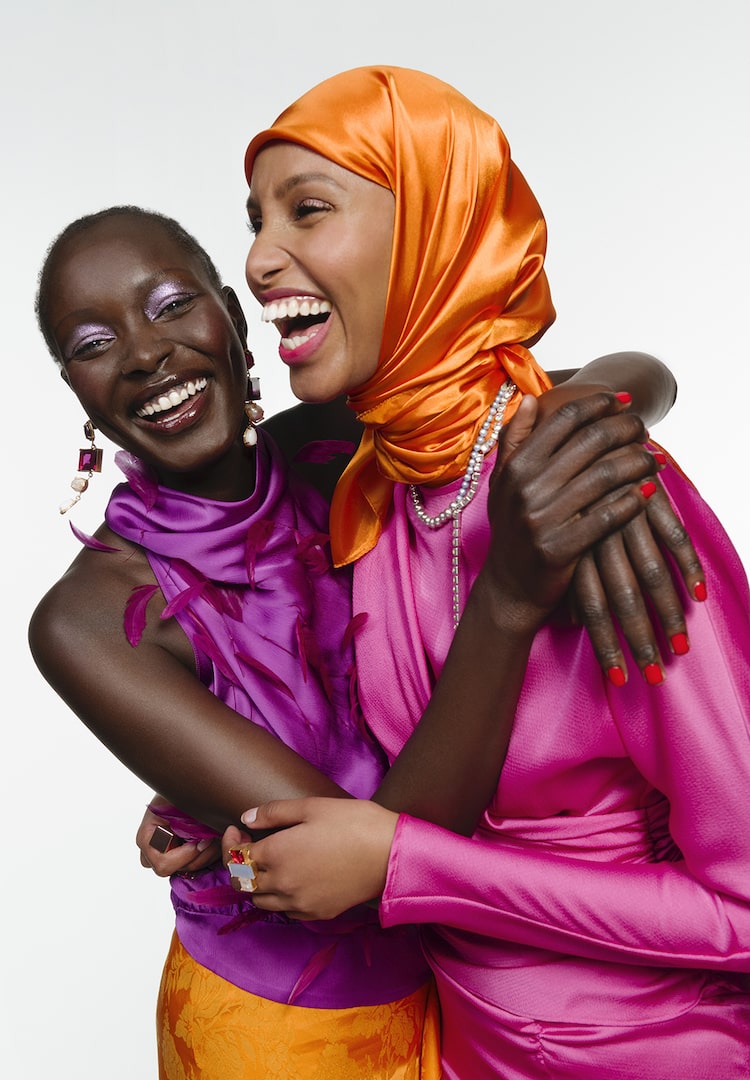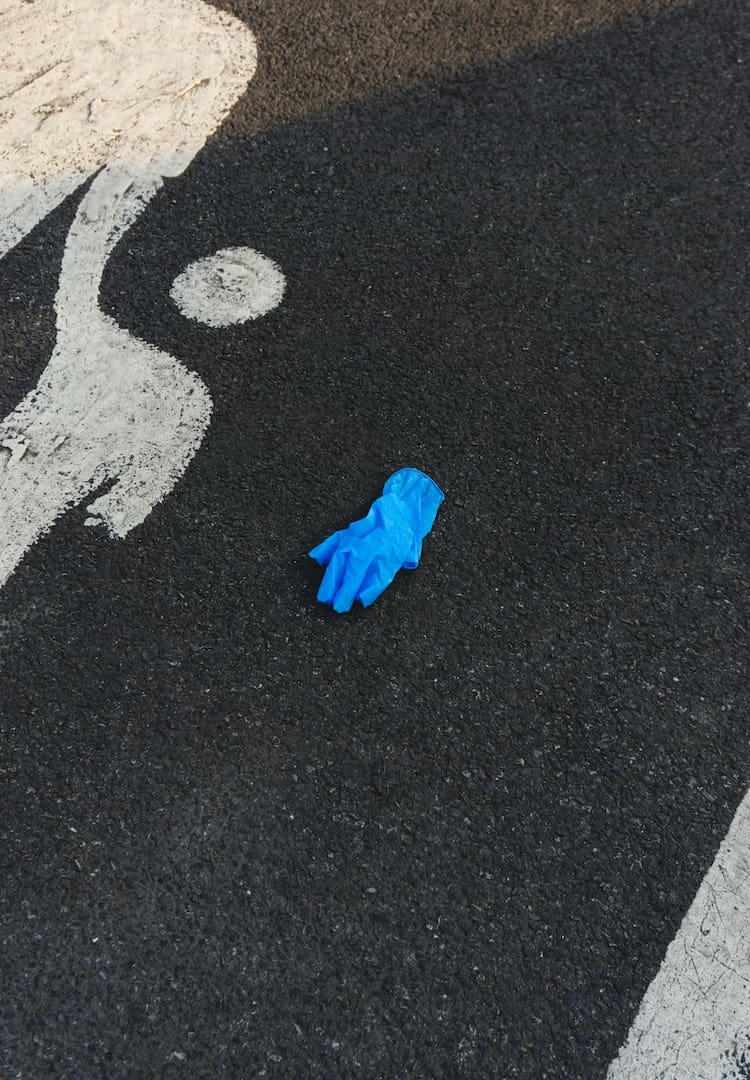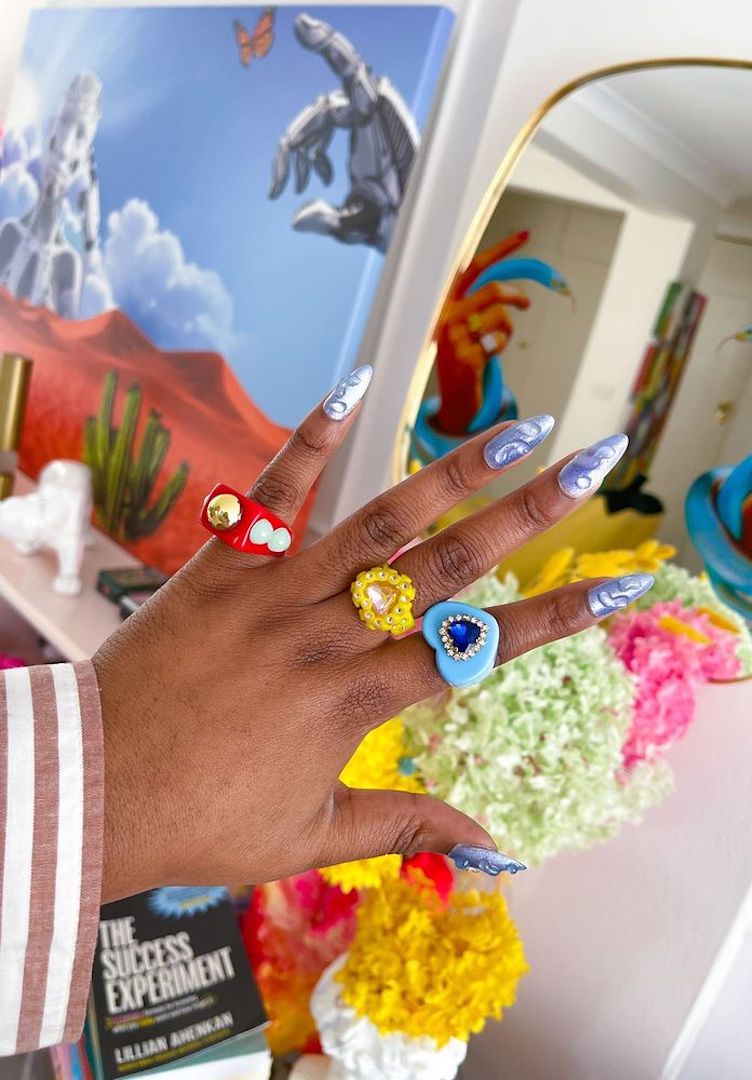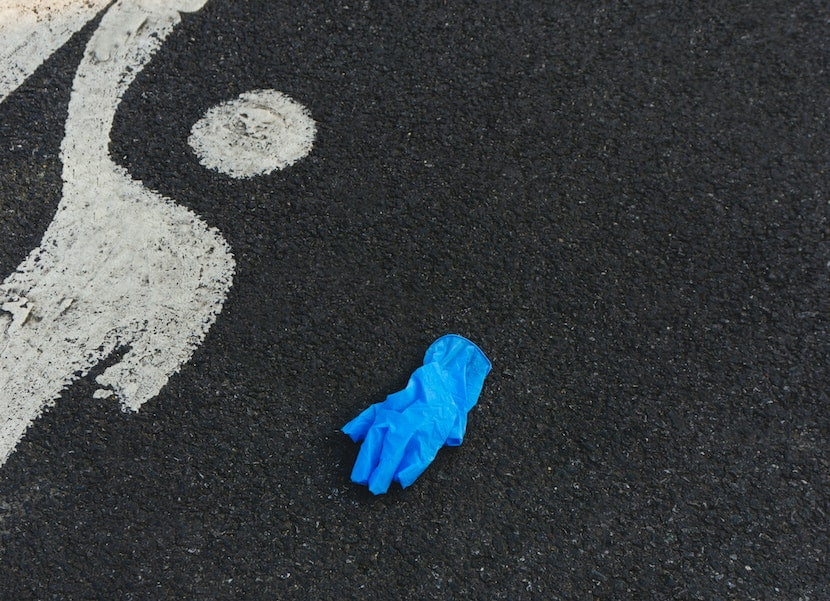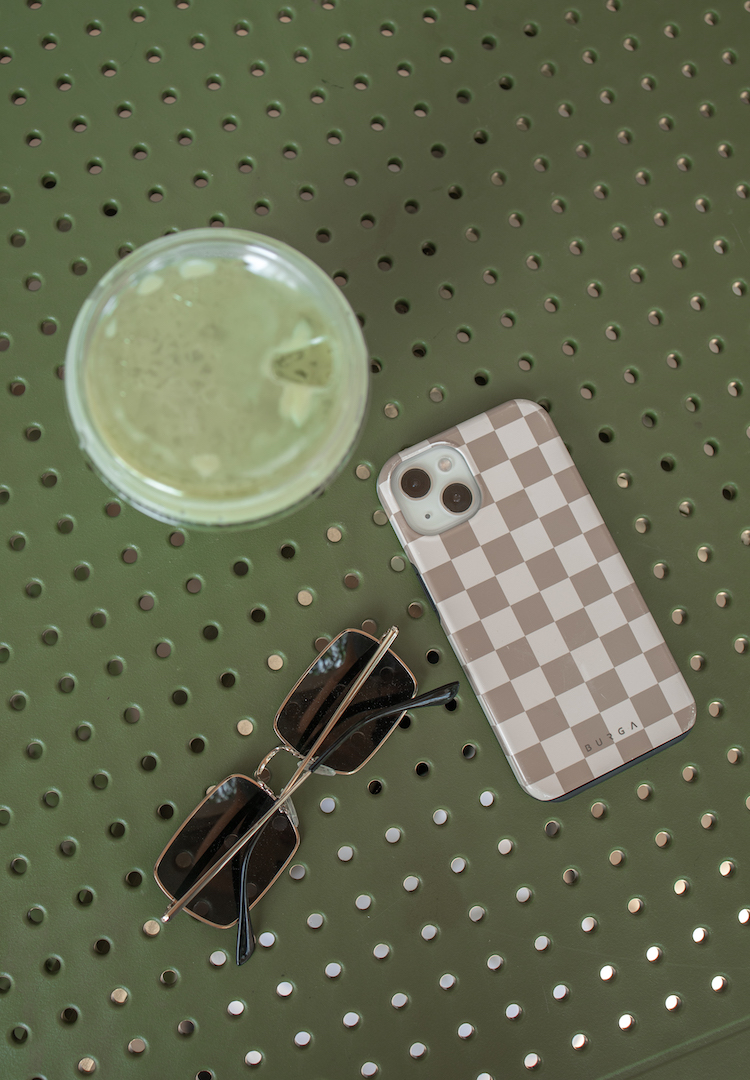Australia’s cosmetic surgery industry is under external review, here’s what it means for your beauty appointments
WORDS BY KURTIS HUGHES
Beauty doesn’t always have to mean pain.
From the outside looking in, Australia’s cosmetic surgery industry seems like a shiny, slim, hairless utopia (hairlessness is always suspicious if you ask me). But as we’ve recently learnt, the industry has been secretly riddled with scenes of patient mistreatment and malpractice.
If you’re on TikTok or have read the news lately (each to their own), you might’ve seen famed celebrity cosmetic surgeon Dr Daniel Lanzer was recently served with a legally enforceable undertaking to stop practising medicine in Australia. The medical regulator has since announced on Tuesday a major review of patient safety in the cosmetic surgery sector.
In order to better protect patients, the Australia Health Practitioner Regulation Agency (AHPRA) and the Medical Board of Australia will closely assess how to not only strengthen their regulations, but better enforce them.
The review comes after a joint investigation last month by Four Corners, the Sydney Morning Herald and The Age into clinics operated by Dr Daniel Lanzer revealed unsettling, and frankly dangerous scenes within his Sydney practice.
Known publicly as Australia’s ‘biggest cosmetic surgeon’, Dr Daniel Lanzer’s influence extends beyond his clinics, not only owning day hospitals around the country but hosting TV shows as well. And that’s not to mention his over five million TikTok followers. Addison Rae, the Train Guy and Dr Lanzar. A power trio!
So, why now?
Although the tip of the proverbial iceberg, the review comes after decades of devastating cases of patient harm and malpractice at the hands of various ‘cosmetic surgeons’.
Following the joint investigation by Four Corners and Nine newspapers, several stories have surfaced from the public detailing physically scarring and near-death experiences.
Martin Fletcher, chief executive of the Australian Health Practitioner Regulation Agency, made it clear the inquiry was triggered by the joint media investigation. “Obviously we were very concerned by the material that was broadcast on Four Corners and although some of that was known to us and were matters we were actively investigating, there was an awful lot of information we didn’t know.”
The investigation revealed footage from inside Dr Lanzer’s clinics showing human fat stored in kitchen fridges, syringes sitting alongside water bottles, expired medication used on unsuspecting patients and staff taking home human fat in shopping bags in order to avoid regulator audits. These scenes were only compounded by images of botched cosmetic surgeries provided by brave whistleblowers.
Mr Fletcher said the cosmetic surgery industry had developed unique hallmarks that made it different from other areas of medicine.
“Some worrying features of the cosmetic industry set it apart from conventional medical practice, including corporate business models which are alleged to place profit over patient safety, no medical need for cosmetic procedures, limited factual information for consumers and exponential growth in social media that emphasises benefits and downplays risks,” Mr Fletcher explained.
Let’s talk about social media
Social media apps are not only a breeding ground for mental health issues but have become home to elaborate marketing tactics employed by cosmetic surgeons. With the rise of interest in cosmetic surgery – particularly post-lockdown – the industry has honed in on a gap in the advertising sector. Feeds are awash with before-and-after images, client videos, memes and of course, surgery.
From injectable treatments to BBL procedures, it feels like no part of the body is off-limits. The documented (and often unfiltered) process serves to satiate the public’s longstanding hunger for witnessing transformations. With millions of engagements across such posts, there are concerns we’ve crept into some dangerous social media territory – a sentiment confirmed by review panel member Alan Kirkland, CEO of Choice.
“The cosmetic surgery industry has changed enormously since the current regulatory framework was introduced, with procedures now promoted through Instagram and TikTok and available in shopping centres across the country.”
Although not all accounts are the same, the popularity of this content could promote a dangerous misconception of surgery, both underplaying risks and overpromising results.
How do you know if your doctor is up to scratch?
As it currently stands, anyone with a basic medical degree in the cosmetics sector can call themselves a surgeon. The title has become as ubiquitous as the billion-dollar industry itself. From general practitioners to dermatologists, the industry is inundated with ‘cosmetic surgeons’ who self-appoint the title.
However, only practitioners who have successfully completed Australian Medical Council (AMC) accredited training can use their legitimate, approved, specialist surgical accreditation. You can usually find this displayed in their business communications, whether that be their website or email signatures.
Given the importance of surgical practices, you can never go astray to ask your specialist when and where they received their training. It’s your body after all!
What does this mean for future appointments?
The review is currently underway by external experts and a report won’t be available until at least mid-2022. There’s been no mention by the review board of what their regulatory actions will look like, or even what they might be in an ideal world. At present, no action will come into immediate effect to further crack down on the ‘dodgy’ practices fettered throughout the industry.
However, with added public and media attention, it’s hoped that the industry will self-medicate in order to bring about some meaningful action. I mean, there are lives at risk after all.
For more about the industry’s history in Australia, head here.

